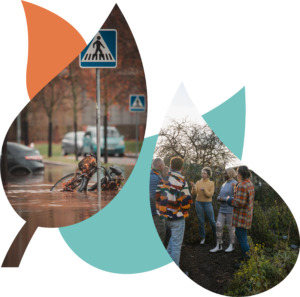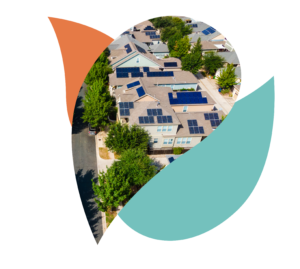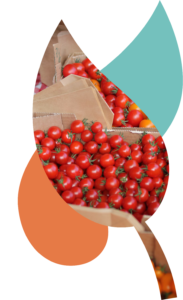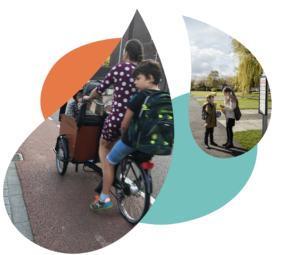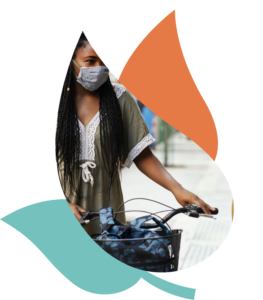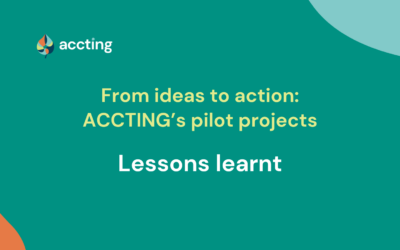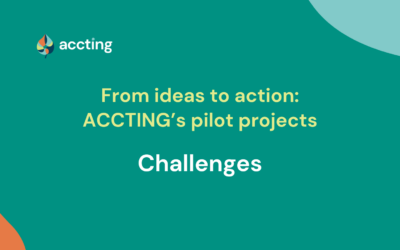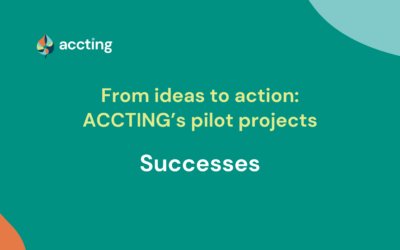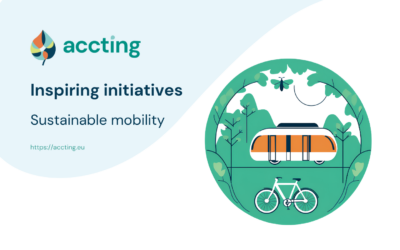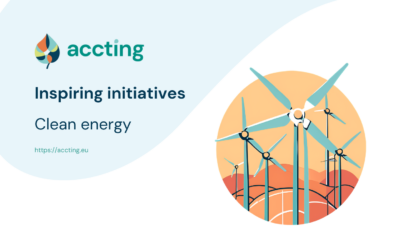ACCTING aims to understand the impact of Green Deal policy initiatives on individual and collective behaviours with specific attention to vulnerable groups. The project has now started its first research phase, with research activities developed in eight interdisciplinary research lines.
Research lines define the thematic focus of the project and will generate up to 41 experimental studies in 13 countries. They are addressed in two research cycles: the first using desk research and narrative interviews; the second using mixed methods adjusted to the specific case.
Each thematic research line:
- addresses a Green Deal policy/intervention area: Climate change, Biodiversity, Clean energy, Farm to fork, Sustainable mobility
- defines problematic behaviours and social practices
- identifies vulnerable and disadvantaged groups
- links with existing bottom-up initiatives
Research line 1:
Valorising local knowledge in the frame of the community-based disasters’ management and mitigating exposure
Studying how local communities are already active actors in the preparedness, prevention, and management of natural disasters; learning from their experience and insights, and exploring how they could be further empowered to improve their resilience and capacity to initiate the gender+ intersectional transformations needed to tackle climate change.
Research line 2:
Biodiversity and land use restrictions
Exploring behavioural change appearing with the establishment of protected areas, with the aim to understand the match of biodiversity land use restrictions and socio-economic needs of vulnerable groups from a gender+ perspective.
Research line 3:
Energy communities, energy poverty and community energy schemes
Investigating how municipalities and regional authorities can support the establishment and growth of energy communities, while tackling the problem of energy poverty and facilitating the participation of vulnerable groups from a gender+ perspective.
Research line 4:
Intensifying the adoption of energy-efficiency measures in micro/smaller SMEs
Exploring how small and micro entrepreneurs can adopt pro-environment behaviours (mainly through a better energy-efficiency) in the context of the Green Deal to enhance adoption of more pro-environment behaviour by the most “disadvantaged” small and micro-entrepreneurs from a gender+ perspective.
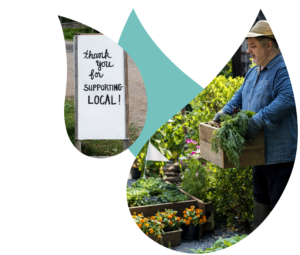 Research line 5:
Research line 5:
Improving food security and healthy diets in vulnerable communities, through local production, informed consumption practices and circularity
Analysing drivers of and obstacles to the adoption of healthy, affordable, and sustainable consumption practices and food waste mitigation in families without reproducing gender+ inequalities.
Research line 6:
Values associated with Environmentally Sustainable Food consumption as a function of age, gender, vulnerability to the Green deal and country/culture
Investigating what values are automatically associated with, and relevant for, environmentally sustainable and non-sustainable food, depending on culture, age groups, gender or key vulnerabilities.
Research line 7:
Transport poverty and sustainable travel: families in socially vulnerable areas
Studying what triggers and hinders behavioural change towards more sustainable travel in socially vulnerable areas, and how Green Deal measures for more sustainable mobility practices can contribute to both sustainability and social justice from a gender+ intersectional perspective.
Research line 8:
Post-lockdown sustainable mobilities: centering cycling and walking
Exploring how a more sustainable transport system can be achieved in the context of the Green Deal, while emphasising that more sustainable transport practices can be both facilitated and hindered by disruptive events with unequal gender+ consequences.
Latest blog posts
ACCTING’s pilot projects: lessons learnt
A three-part series focusing on the successes, challenges and lessons learnt from ACCTING’s pilot projects.
ACCTING’s pilot projects: frequent challenges
This article is part of a three-part series focusing on the successes, challenges...
ACCTING’s pilot projects: successes and achievements
A three-part series focusing on the successes, challenges and lessons learnt from ACCTING’s pilot projects.

